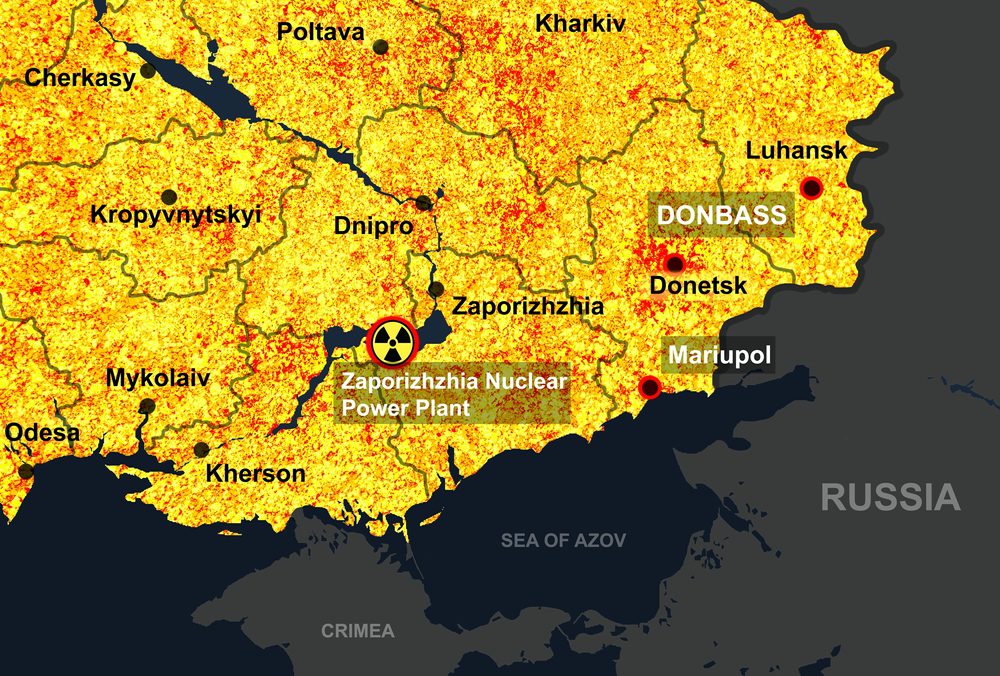
The International Atomic Energy Agency strongly condemned the bombings, but without holding anyone responsible.

Les Républicains are caught in a dangerous trap, between Macronism and the Rassemblement National, which has established itself as the leading parliamentary group on the Right.

In October, the European Parliament adopted a favourable resolution toward Sofia and Bucharest. In November, a vote was taken in favour of Croatia’s accession, with 534 votes in favour and 53 against, mainly from the ECR and ID groups.
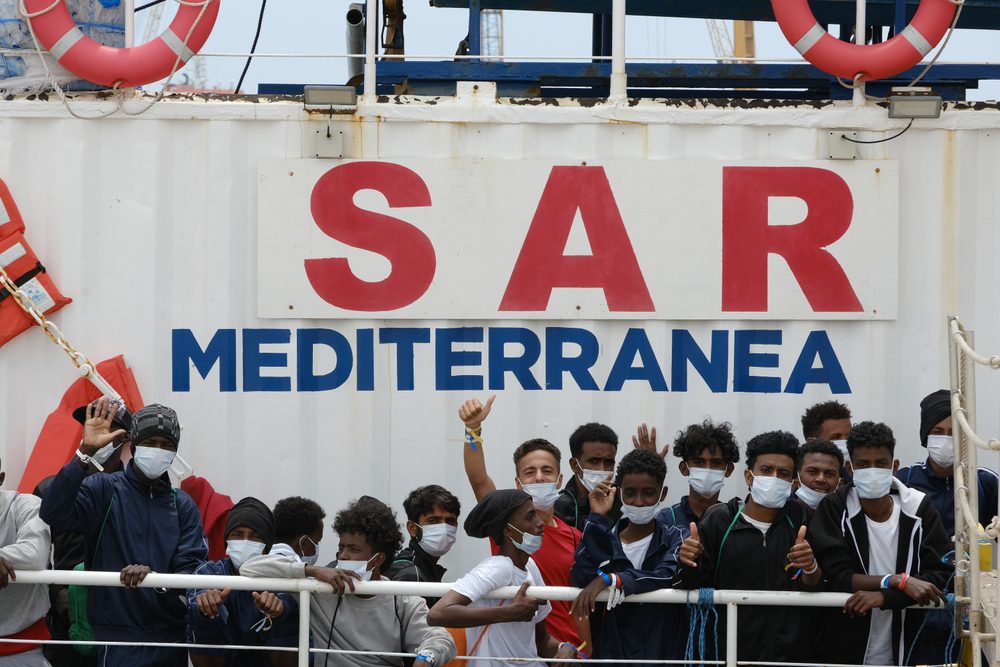
Italy calls for better cooperation between NGO ships, the countries whose flags they fly and the countries where the ‘Search and Rescue’ (SAR) procedure comes into effect.
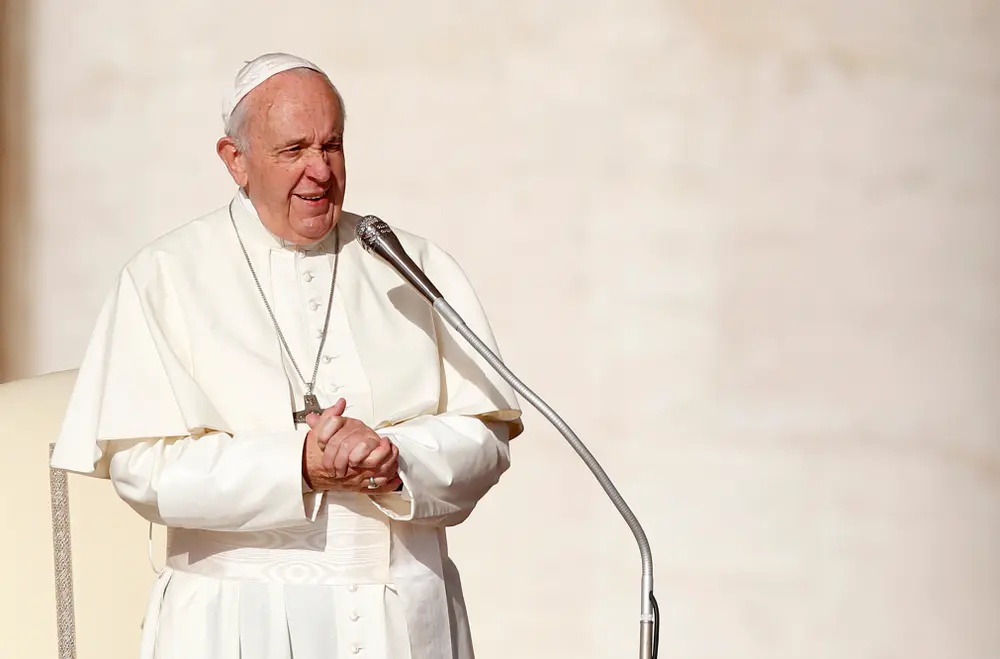
According to the Catholic faith, humanity is only fully realised in God—whatever humanity Professor Mazzucato brings to the Academy while being an atheist can only be a truncated and wounded humanity. Why then honour it as an example or trust it as a compass?

According to the latest opinion issued by the Court of Appeal of Mons, the facts underlying the European arrest warrant do not constitute an offence under Belgian law, and extradition is therefore not justified.

Homophobic coward or anti-Muslim islamophobe? For players of the Football World Cup in Qatar, moral grandstanding just got complicated.

Landing conditions at Kaliningrad airport have been relaxed, making it possible for ‘tourists’ from the Middle East to arrive there, potentially mixed with Ukrainian refugees from Kherson.
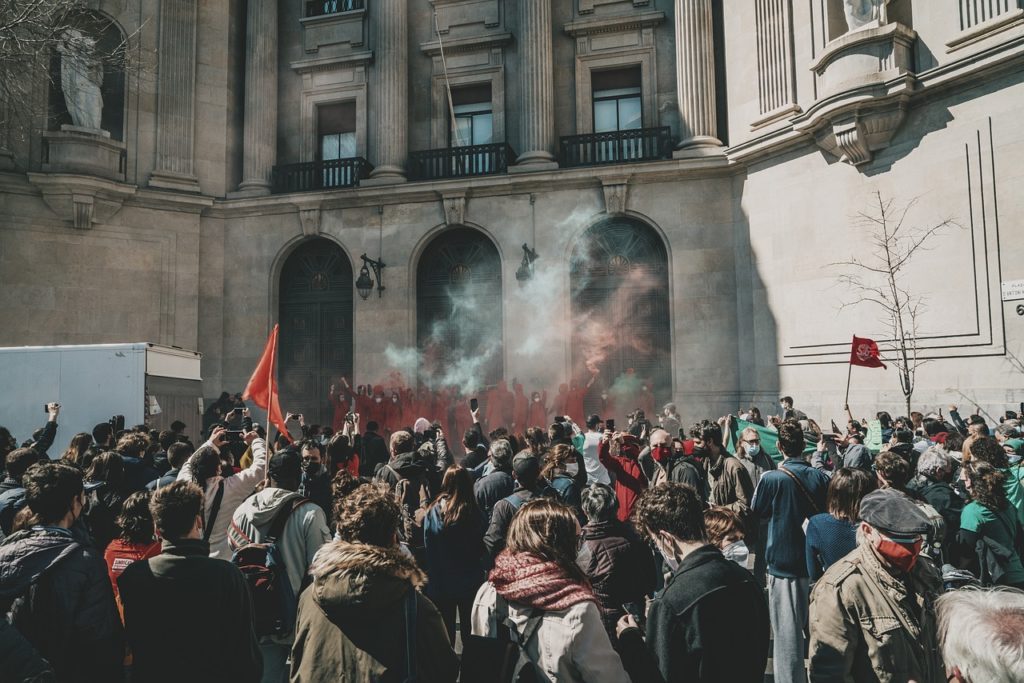
After Belgium, France, and Greece, England could be the next country hit by strikes.

The tug-of-war over the Ocean Viking proves that the French government is at loggerheads with the new Italian government and that the atmosphere is not one of courteous discussion or compromise.

The new British prime minister, Rishi Sunak, is reportedly planning to amend the Equality Act 2010, which governs transgender issues
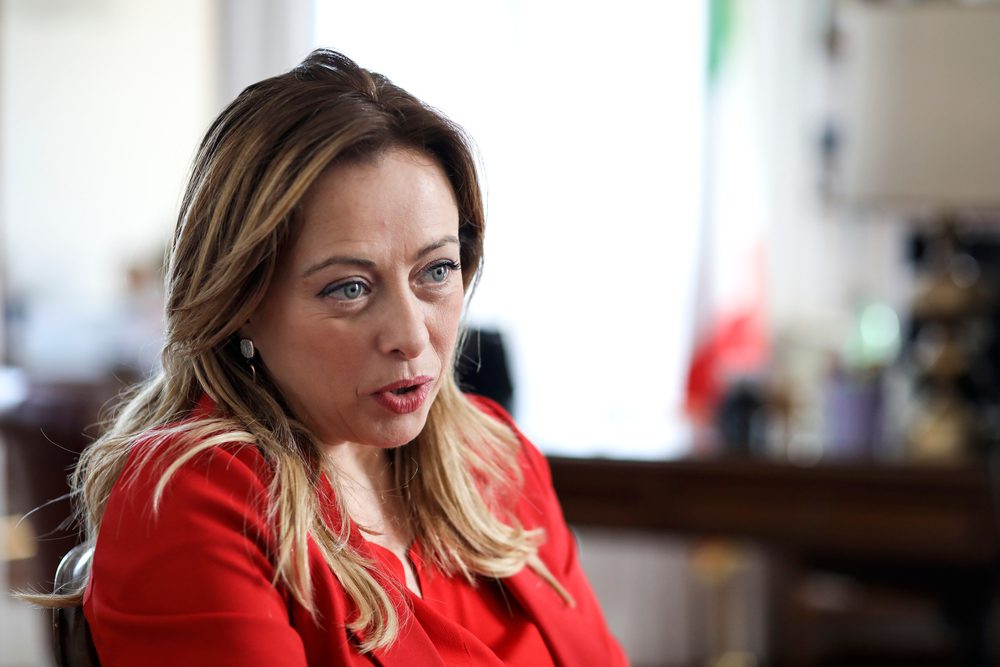
Meloni came to the European capital with peaceful intentions and moderate rhetoric. She said she wanted to “dismantle” the hostile discourse built around her person, based largely on misunderstandings.